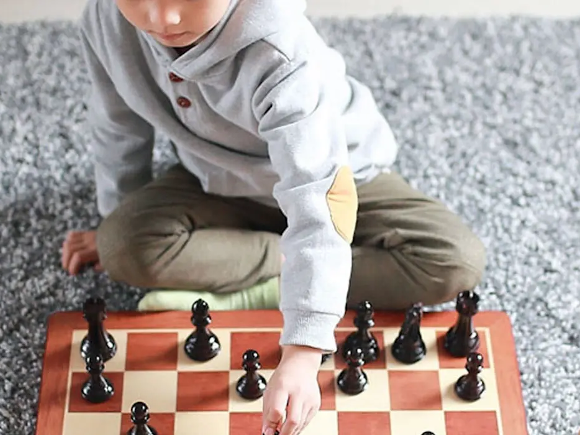For parents, there may be no prouder moment than seeing their kids excel in school and sharing their achievements with family, friends, and social media connections. And the best time to prepare kids for the rigors of studying is in early childhood.
The first five years of life are important in a person’s brain development. According to the United Nations, during this period kid’s experiences lay the foundation for the brain’s organizational development and functioning, and how they hone their learning skills. Among those experiences, parents can include certain brain games to enhance their kids’ mental abilities. Whether tech-savvy or not, parents can take advantage of the availability of gadgets and simple games that kids can play.
Puzzles
With toddlers, try solving puzzles, for example, jigsaw or shape-matching puzzles. Studies conducted by researchers at the University of Chicago showed that kids who played with puzzles when they were 26 to 46 months old demonstrated better spatial skills when they were 54 months old. Spatial abilities are a significant predictor that kids will go for degrees in science, technology, engineering, and mathematics later in life.
As for kids learning words and spelling, challenge them to a word search/jumble. A literature review pointed to the usefulness of such word puzzles when teaching a second language. This finding is relevant to Filipinos, who generally speak at least two languages.
Kids who are studying addition and subtraction can benefit from playing the popular Japanese number puzzle sudoku. A report by the University of Cambridge says sudoku improves memory in kids and is helpful in learning math and science.
Board Games
Board games are fun activities where kids learn to count, recognize colors, and match figures. In a program where preschoolers from low-income families played a simple numerical board game, just four sessions of the game removed the gap in numerical knowledge between them and preschoolers belonging to the middle-income bracket.
Through strategy board games, on the other hand, kids get a chance to make tactics and decisions. They learn to plan ahead and concentrate, which they need to do when they study. They also realize what to do next time to avoid any mistakes made.
One centuries-old board game parents can introduce to kids is chess. A study by the University of Texas at Dallas of kids who attended a summer chess camp showed that they improved their concentration and multi-tasking skills, and that teaching them chess had the potential of strengthening “the building blocks of complex cognitive skills.” Moreover, an experiment in Germany concluded that students with learning disabilities who got one hour of chess lesson each week, instead of the regular one hour of math class, significantly improved their simple addition and counting skills after one school year.
But at what age can kids start mastering the rules of chess? Several chess masters began learning the game at the age of 4 or 5, and they went on to win national and international tournaments.
To complement kid mental development, proper nutrition is important. In a trial, infants who were given a high-nutrient diet demonstrated a higher IQ when they reached the age of 7-8 years old, compared with those who received a standard diet. At the other extreme, malnutrition in the first two years of life has an adverse impact on a kid’s reasoning, IQ, language development, attention, learning, and academic achievement later in life.
This is why super foods like milk are necessary for complete kid health. For toddlers, the healthy fats in whole milk are crucial to the formation of neurons and brain health in general. This is why the American Academy of Pediatrics recommends that kids drink whole milk until the age of 2, after which parents can replace it little by little with low-fat or non-fat milk.
Milk products like PROMIL GOLD® have the nutrients young kids need for their mental development. PROMIL GOLD® believes in giving kids the right nutrition early in life for your kids that deserves to be first. For example, PROMIL GOLD®, which is intended for kids 4 years and up, contains the breakthrough alpha-lipids plus DHA, choline, and lutein to help them achieve full mental development.
Brain games, combined with a proper diet that includes milk, can truly increase kid’s mental development, their chances of succeeding in school, and the number of “proud parent” moments shared with family and friends.
PROMIL® helps bring out the potential of every kid and helps moms to raise each one to be gifted.
PROMIL® has clinically proven nutrients, helping improve markers of brain development such as memory, focus, language, and problem solving. It is specially designed by experts to bring out the exceptional in your kid.
PROMIL® is the only formula with BOTH MOS+ and DHA clinically proven to nurture a Gifted Brain.
PROMIL GOLD® with brain-boosting Alpha-Lipids is clinically proven to help increase myelination, which supports brain and language development.










